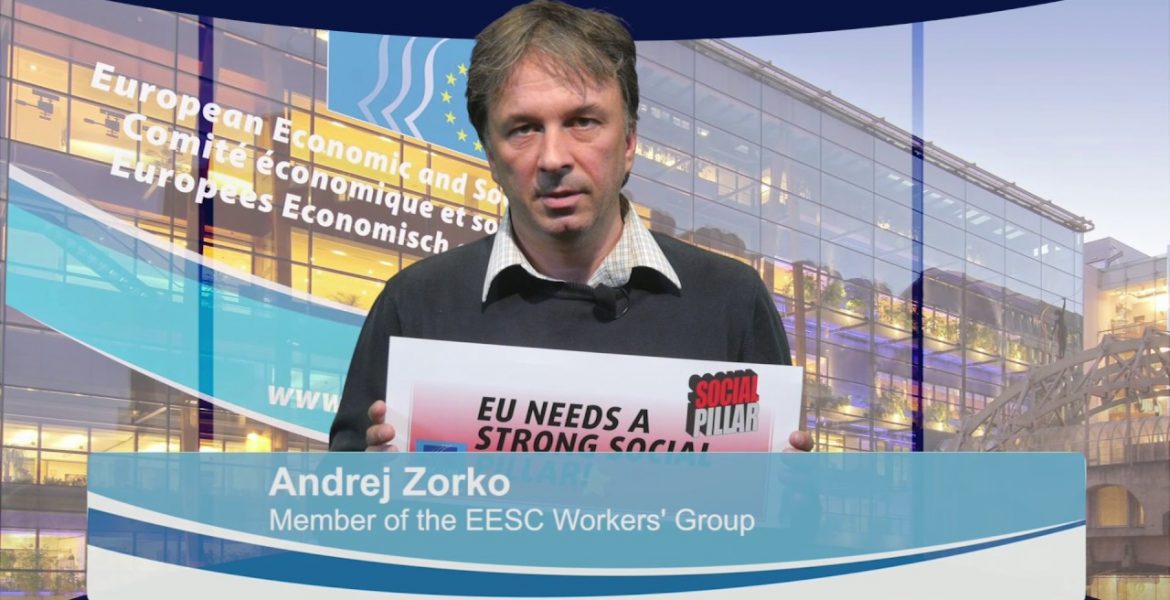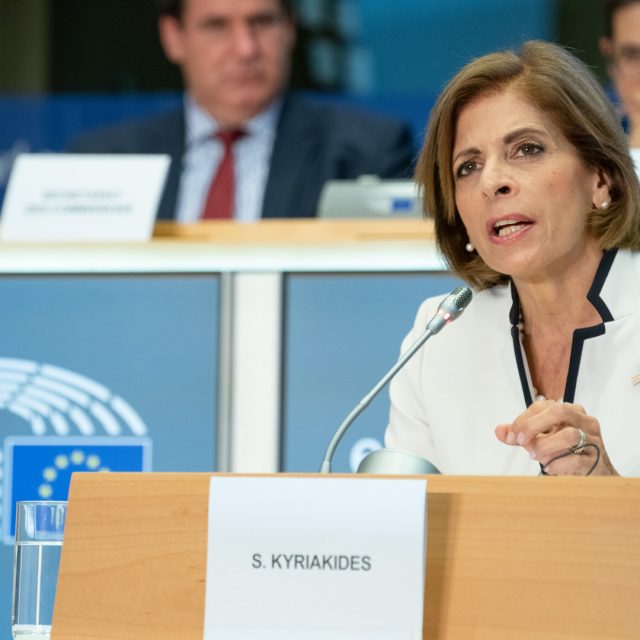To secure a more prosperous future for their citizens,Western Balkans governments need to address the problems encountered by young people , who hold the key to such a future.
That is the view of the the European Economic and Social Committee represents the various economic and social components of organised civil society. It is an institutional consultative body established by the 1957 Treaty of Rome. Its consultative role enables its members
The Brussels based organisation insists that “transparent budget allocations” for youth policy development and the inclusion of young people in the EU accession process are a prerequisite for facilitating positive changes and improving the situation of young people in the region.
Adopted at the July plenary session, the EESC opinion highlights the common challenges and difficulties that young people are facing today across the Western Balkans (WBs), with high unemployment, a brain drain, insufficient education and a lack of skills at the top of the list.
Andrej Zorko, EESC member and co-rapporteur for the opinion, is calling on all six Western Balkan partners to align with key EU youth policy documents and to further invest in evidence-based youth policies addressing youth development challenges. “Developing national youth policies and enabling young people to participate in the design of these policies is of major importance”, said Zorko.
Strengthening EU programmes and regional structures of cooperation, with the aim of reaching more young people by providing them with opportunities for education, mobility and employment, has to be a main objective, stresses the EESC. For example, implementing the Economic and Investment Plan (EIP) for the WBs should be an opportunity to maximise the benefits for young people. Ionuţ Sibian, EESC member and rapporteur for the opinion, stresses the role of the EU institutions: “The EU institutions have to further support the WBs in improving youth participation, taking into account the positive correlation of educational and training mobility with the civic and political engagement of young people”. He added: “The Youth Guarantee in the WBs should be implemented in partnership between Youth Guarantee providers and relevant stakeholders”.
“Involving the social partners and civil society organisations (CSOs) in order to deliver a broader reform to improve social rights and the prospects of young people in the WBs is crucial”, added Andrej Zorko.




